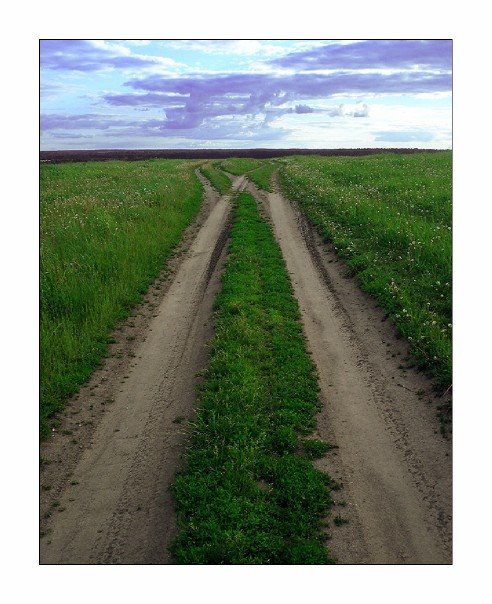London exile Berezovsky says force necessary to bring down President Putin in Moscow
Friday April 13, 2007
The Russian tycoon Boris Berezovsky has told the Guardian he is plotting the violent overthrow of President Putin from his base in Britain after forging close contacts with members of Russia's ruling elite.
In comments which appear calculated to enrage the Kremlin, and which will further inflame relations between London and Moscow, the multimillionaire claimed he was already bankrolling people close to the president who are conspiring to mount a palace coup. "We need to use force to change this regime," he said. "It isn't possible to change this regime through democratic means. There can be no change without force, pressure." Asked if he was effectively fomenting a revolution, he said: "You are absolutely correct."
Although Mr Berezovsky, with an estimated fortune of £850m, may have the means to finance such a plot, and although he enjoyed enormous political influence in Russia before being forced into exile, he said he could not provide details to back up his claims because the information was too sensitive. Last night the Kremlin denounced Mr Berezovsky's comments as a criminal offence which it believed should undermine his refugee status in the UK.
Dmitry Peskov, the Kremlin's chief spokesman, said: "In accordance with our legislation [his remarks are] being treated as a crime. It will cause some questions from the British authorities to Mr Berezovsky. We want to believe that official London will never grant asylum to someone who wants to use force to change the regime in Russia." It will not be the first time the British government has faced accusations from the Kremlin that it is providing a safe haven for Mr Berezovsky. When he told a Moscow radio station last year that he wanted to see Mr Putin overthrown by force, Jack Straw, then foreign secretary, told the Commons that "advocating the violent overthrow of a sovereign state is unacceptable" and warned the tycoon he could be stripped of his refugee status.
Russian authorities subsequently sent an extradition request to London. That failed, however, when a district judge ruled Mr Berezovsky could not be extradited as long as he has asylum status.
In an interview with the Guardian, however, Mr Berezovsky goes much further than before, claiming to be in close contact with members of Russia's political elite who, he says, share his view that Mr Putin is damaging Russia by rolling back democratic reforms, smothering opposition, centralising power and flouting the country's constitution. "There is no chance of regime change through democratic elections," he says. "If one part of the political elite disagrees with another part of the political elite - that is the only way in Russia to change the regime. I try to move that."
While declining to describe these contacts - and alleging that they would be murdered if they were identified - he maintained that he was offering his "experience and ideology" to members of the country's political elite, as well as "my understanding of how it could be done". He added: "There are also practical steps which I am doing now, and mostly it is financial."
Mr Berezovsky said he was unconcerned by any threat to strip him of his refugee status. "Straw wasn't in a position to take that decision. A judge in court said it wasn't in the jurisdiction of Straw." He added that there was even less chance of such a decision being taken following the polonium-210 poisoning last November of his former employee, Alexander Litvinenko. "Today the reality is different because of the Litvinenko case." Mr Berezovsky, 61, a former mathematician, turned to business during the Yeltsin years and made his fortune by capturing state assets at knockdown prices during Russia's rush towards privatisation.
Although he played a key role in ensuring Mr Putin's victory in the 2000 presidential elections, the two men fell out as the newly elected leader successfully wrested control of Russia back from the so-called oligarchy, the small group of tycoons who had come to dominate the country's economy. A few months after the election Mr Berezovsky fled Russia, and applied successfully for asylum in the UK after Mr Litvinenko, an officer with the KGB's successor, the FSB, came forward to say he had been ordered to murder the tycoon.
Mr Berezovsky changed his name to Platon Elenin, Platon being the name of a character in a Russian film based loosely upon his life. He was subsequently given a British passport in this name. As well as claiming to be financing and encouraging coup plotters in Moscow, Mr Berezovsky said he had dedicated much of the last six years to "trying to destroy the positive image of Putin" that many in the west held, portraying him whenever possible as a dangerously anti-democratic figure. He said he had also opposed the Russian president through Kommersant, the influential Russian newspaper which he controlled until last year.
Last month Mr Berezovsky was questioned by two detectives from the Russian prosecutor general's office who were in London to investigate the death of Mr Litvinenko. He has denied claims that he refused to answer many of their questions.
Last night the Kremlin said Russian authorities might want to question him again in the light of his interview with the Guardian. "I now believe our prosecutor general's office has got lots of questions for Mr Berezovsky," said Mr Peskov. He added: "His words are very interesting. This is a very sensitive issue."
The Foreign Office said it had nothing to add to Mr Straw's comments of last year.
Subscribe to:
Post Comments (Atom)

No comments:
Post a Comment